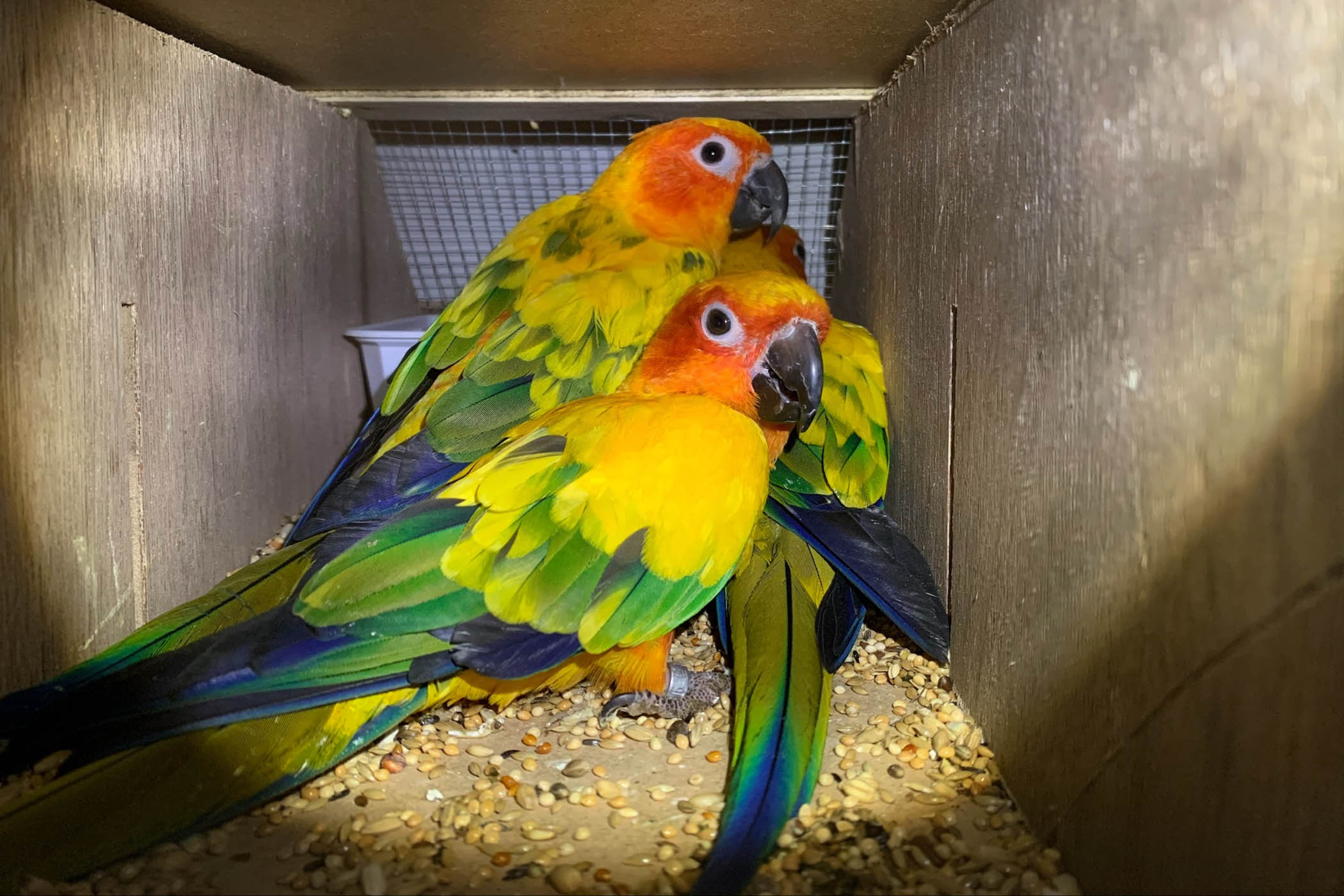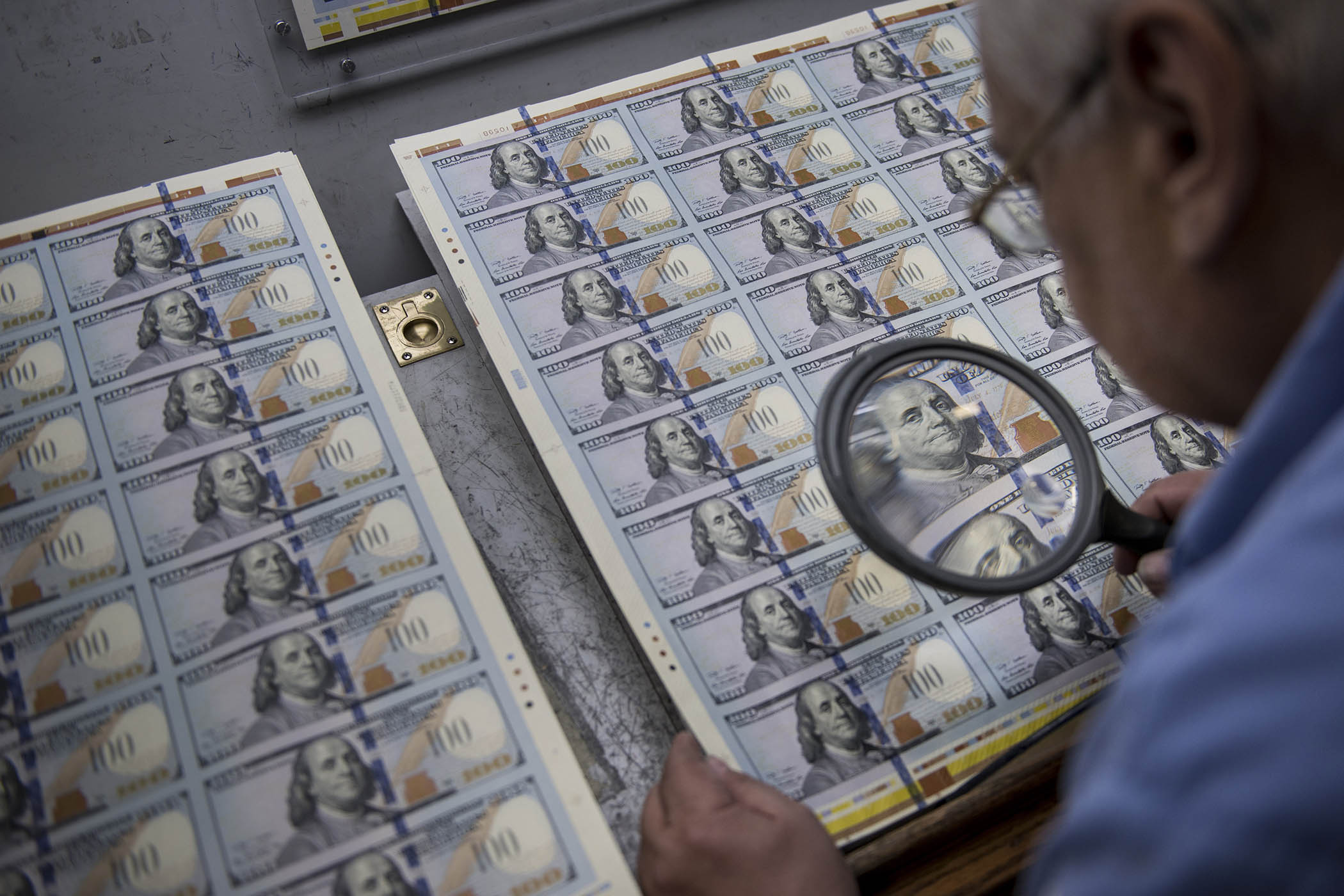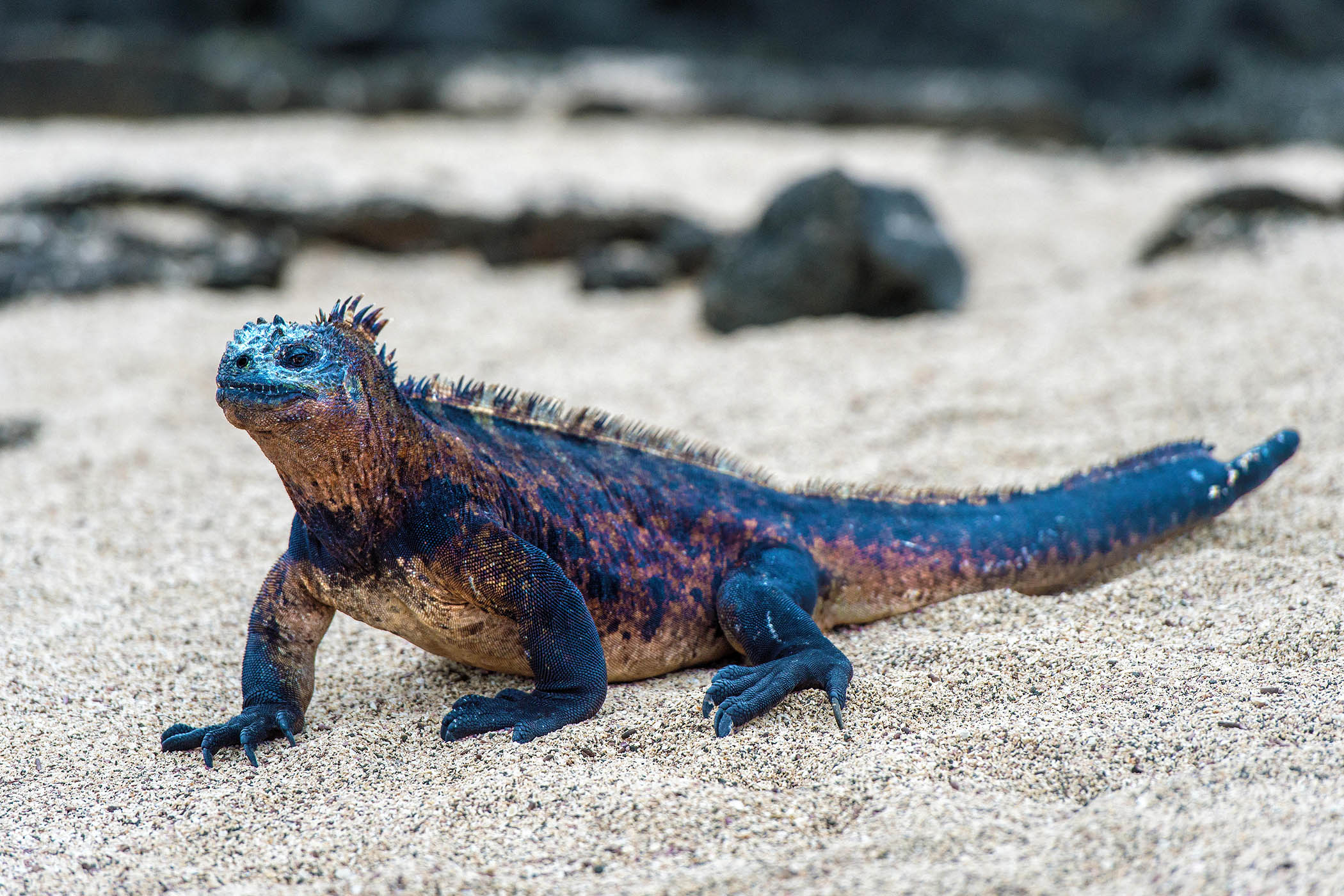In a different life, Damien the galah might have been an internet star, like Molly the African grey parrot (4.7m TikTok likes) or Furby the umbrella cockatoo (450,000 followers). Molly orders her owner’s smart speaker to play songs and dances along to them, and Furby sings along to Hamilton tracks – perfect doomscroll bait.
Instead, Damien spent much of this year in quarantine at a facility run by the Animal and Plant Health Agency (Apha) in a secret location in the north of England. Julie Lane can’t be sure why someone tried to smuggle Damien into the UK from Australia, but she and other Apha staff believe TikTok-famous birds are fuelling a surge in wildlife crime.
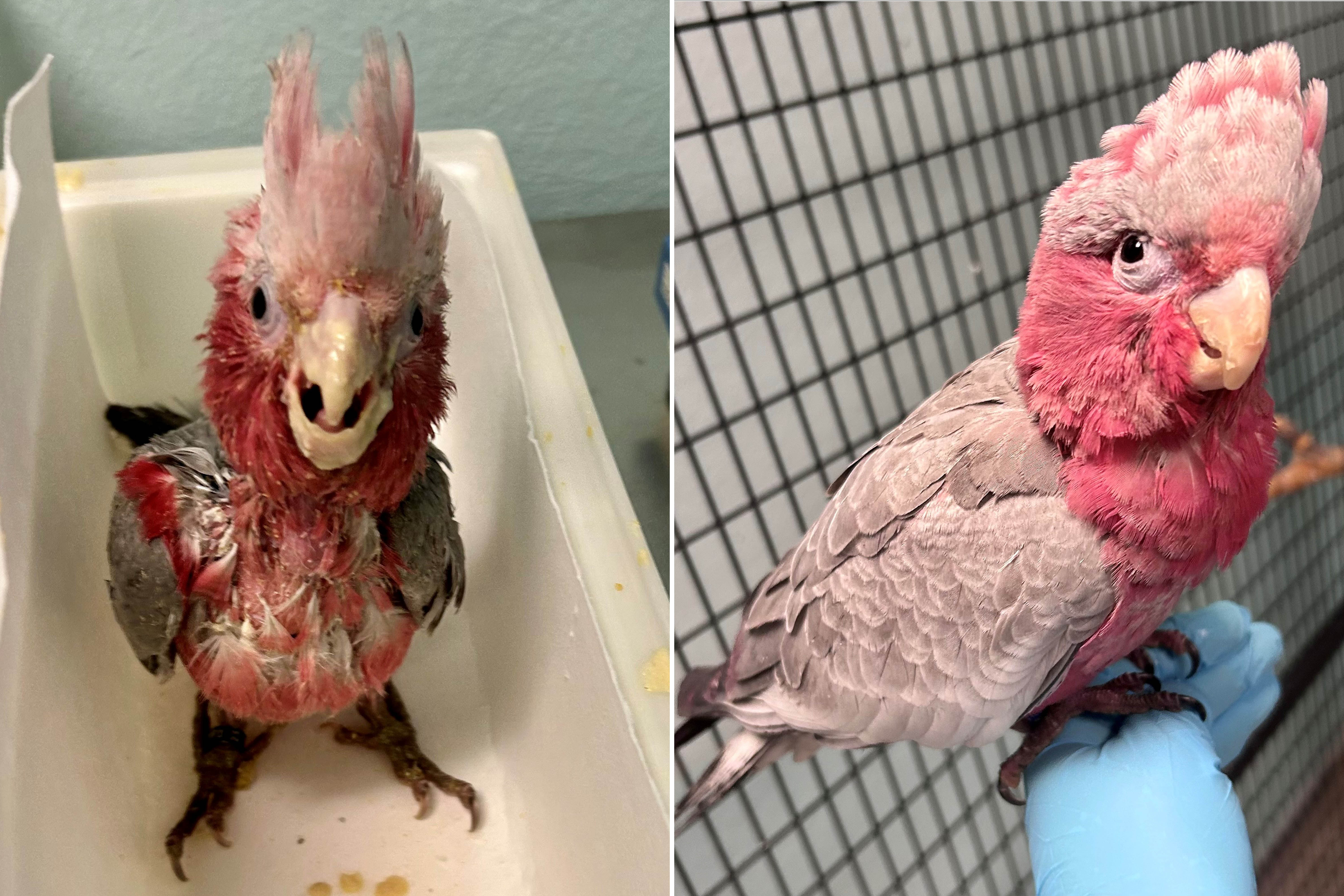
Damien before and after being cared for
“It’s starting to climb because of TikTok and people putting up pictures of their parrot dancing,” says Lane, who is head of Apha’s National Wildlife Management Centre. “So the numbers coming in are getting larger, and we’re expecting more.”
Parrots are big on the internet. It’s not just Molly or Furby. Their ability to mimic human speech patterns means that clips of the birds appearing to talk to their owners – often swearing, beatboxing or even headbanging – have racked up tens of millions of views as videos, memes and gifs.
Apha started housing exotic birds only two years ago, when Border Force officials asked them to step in. Since then, they have looked after 1,043 parrots, parakeets, parrotlets, macaws, cockatoos, ibises, conures, lovebirds and others. Earlier this month, they received 240 birds in a single consignment, including endangered species.
Damien was part of a brood of Australian galah chicks that arrived at Apha’s quarantine site after being seized by Border Force. There is often a spike in interceptions when enthusiasts gather for bird shows, Lane says. Less scrupulous breeders are believed to buy smuggled birds to broaden the genetic diversity of their breeding schemes.
Birds are often transported in appalling conditions, Lane says. Several fledglings have been found in poster tubes or cereal boxes. “The last consignment we got in were yellow-billed storks, and if you look at the size of the box and the size of the bird, they would not have been able to move at all,” she says. Wildlife smugglers also often mix species, creating a risk that birds will attack each other or pass on diseases such as avian flu.
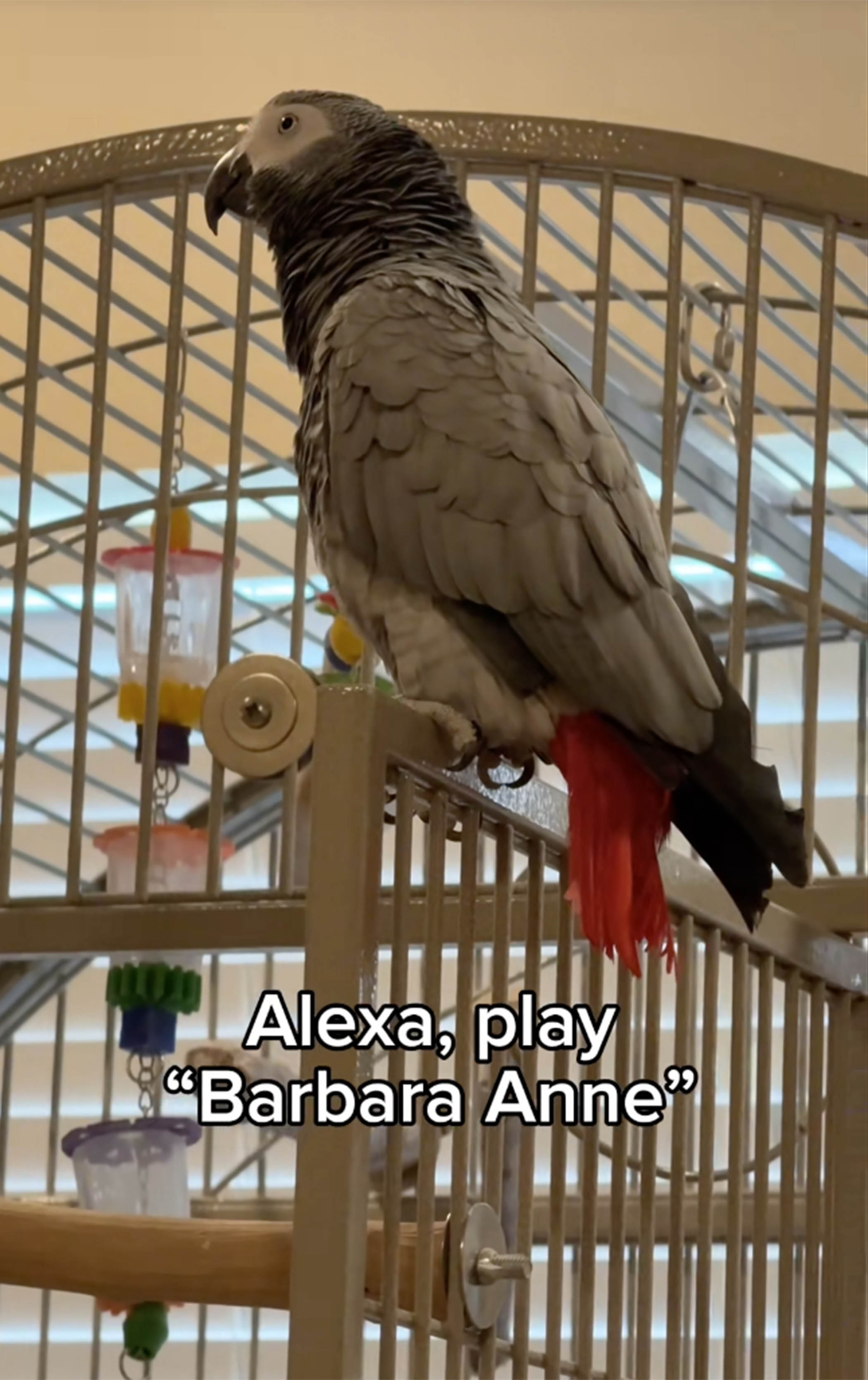
Damien and the baby galahs were severely unwell and had to be fed by hand. “There was one that would just screech and screech and screech until it was fed,” Lane says. “So we always had to feed him first, and even when he was fed he would still carry on screeching. So they nicknamed him Damien.” Despite sharing a name with the sinister child in The Omen, the pink- and grey-feathered cockatoo now has a new home at a British zoo. “But he still has an attitude,” Lane says.
Border Force officers are part of an international collaboration against wildlife crime, along with EU counterparts and the UK’s National Wildlife Crime Unit. A substantial part of the UK’s illegal supply chain is believed to come through the Netherlands.
In July, a 29-year-old woman was placed under investigation by Lincolnshire police after allegedly smuggling a baby tortoise into the UK by hiding it in a cigarette packet.
Parrots such as African greys have become the most trafficked live animal species in the world, according to the UN’s Cites (Convention on International Trade in Endangered Species) illegal trade database. The birds have always been popular: the International Fund for Animal Welfare (Ifaw) estimates that 1.3m African greys alone were captured between 1982 and 2001, before they were protected under Cites. The UK has strict regulations on the import of parrots, so many offered for sale have been bred in captivity. But the illegal trade continues – and is picking up.
Later this month, the 20th World Wildlife Conference is expected to approve measures to control the trade of hornbills and to make it illegal to trade in white-backed vultures and peregrine falcons, as well as songbirds, tarantulas and frogs. Trees and plants including ginseng and brazilwood are also incuded. Liz Down, the head of Border Force’s Cites team, said: “Wildlife crime is a serious organised crime, estimated to be worth up to an annual £17bn globally.
“Border Force plays a leading global role in cracking down on the illegal wildlife trade. We work in close partnership with police, Animal Health officials and EU enforcement officers to take a coordinated approach to tackling this heinous crime.”
Photographs by Apha, TikTok/mollythegreybird
